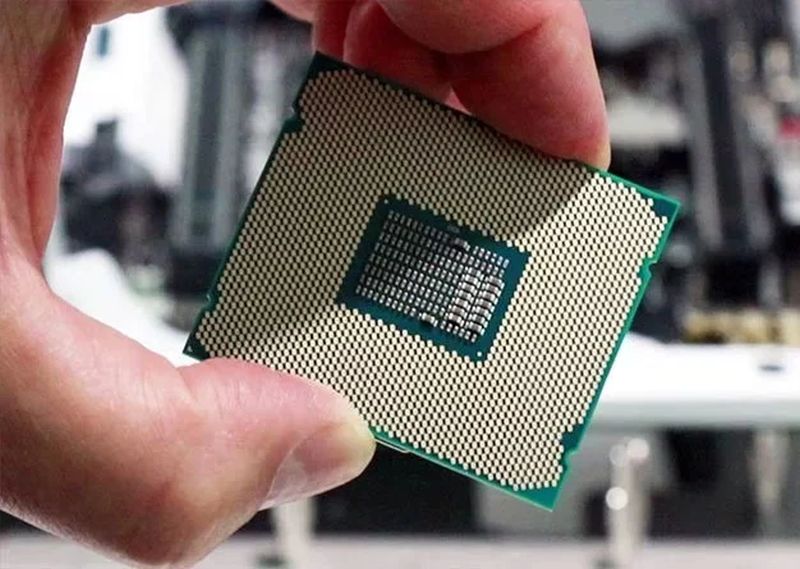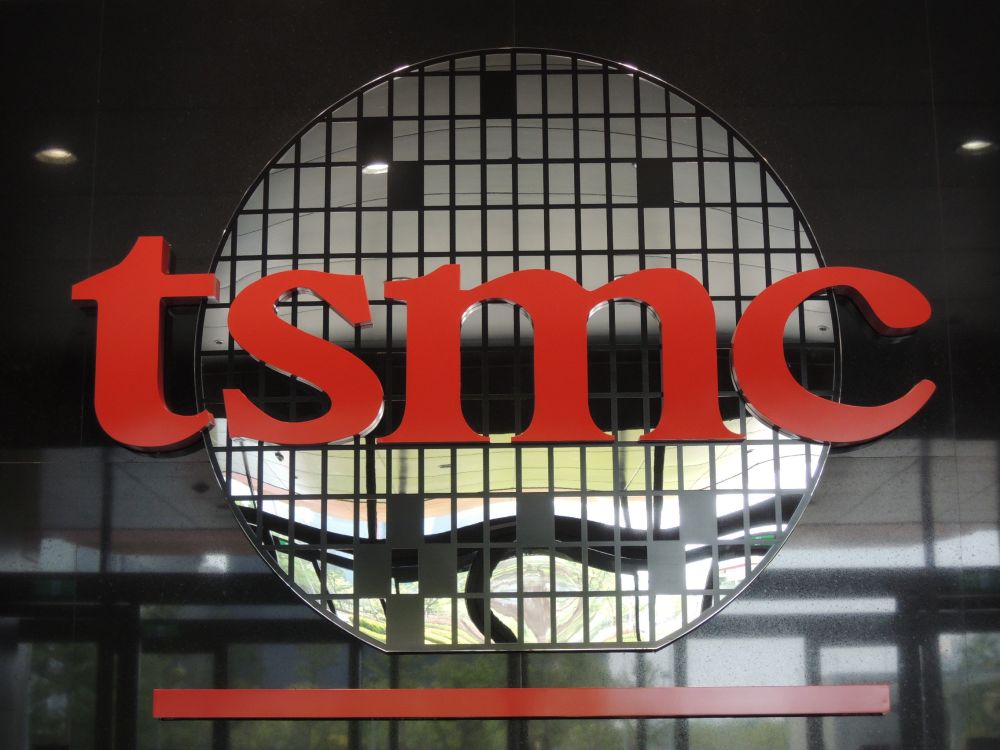TSMC’s success demonstrates how crucial TSMC continues to be to American chipmakers’ chip manufacturing ambitions, even as the federal government attempts to manufacture more semiconductors in the United States. Several sources who were briefed on the matter have revealed that Apple and Intel are currently testing their chip designs with TSMC’s 3nm production technology, with commercial output of the chips expected to commence during the second half of 2022.
For the uninitiated, a nanometer (nm) is a measurement of the size of the spaces between transistors on a chip. As the size of the number decreases, the more sophisticated the processor becomes, but also the more difficult and expensive to produce. At the consumer level, TSMC’s 5nm technology is currently being used for all iPhone 12 processor chips. According to TSMC, 3nm technology can increase computing performance by 10% to 15% compared with 5nm, while reducing power consumption by 25% to 30%. Some sources claim that the iPad is expected to be the first device to use processors based on 3nm technology. Due to scheduling reasons, it is predicted that the next-generation iPhones will use intermediate 4nm tech.
To regain market share, Intel, America’s biggest chipmaker, is working with TSMC on at least two 3nm projects to design central processing units for notebooks and data centre servers. These chips are expected to begin mass production by the end of 2022, if not earlier. “Currently the chip volume planned for Intel is more than that for Apple’s iPad using the 3nm process,” one of the sources said. Intel confirmed with Nikkei Asia that it is working with TSMC for its 2023 product lineup but did not say which production technology it is using. The report on this year’s tentatively named iPhone 12s using a 4nm chip instead of 3nm makes sense as rumours suggest that the upcoming lineup will only introduce “minor upgrades” with major changes coming to next year’s iPhone 14. (Source: Nikkei Asia)

